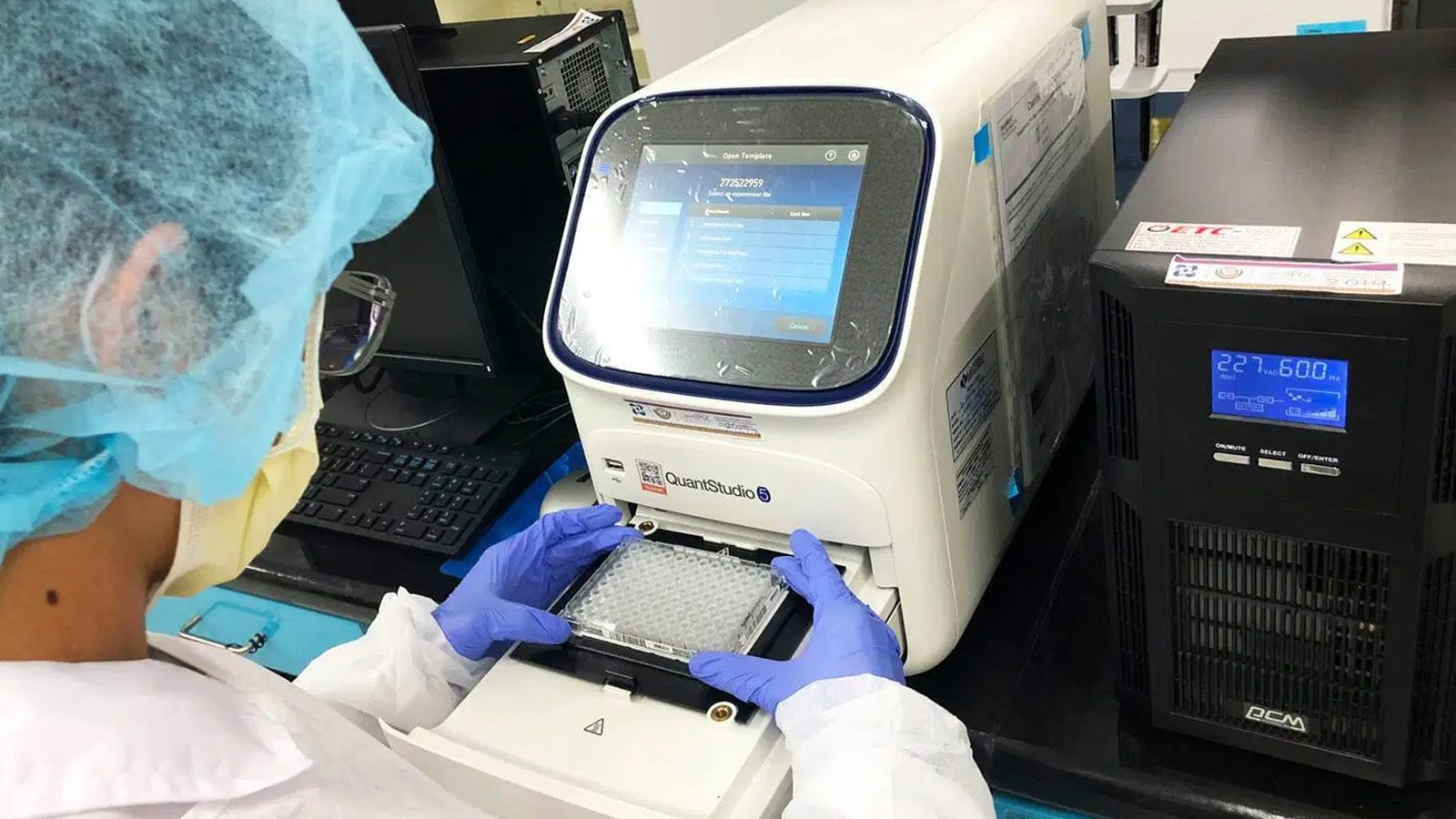DAVAO CITY, Philippines – The University of the Philippines (UP) Mindanao has proposed a diagnostic program on free testing for COVID-19, stressing the importance of increasing the testing capacity in Davao Region to contain the spread of the disease.
Currently, the Southern Philippines Medical Center (SPMC) in Davao City is the only hospital in Mindanao recognized as a subnational reference laboratory that can run tests for COVID-19.
However, UPMin’s Philippine Genome Center (PGC) Mindanao director Dr. Lyre Anni Murao, a professor of virology at UP Mindanao and author of the proposal for the diagnostic program pointed out the need to back up the existing facility in SPMC and to prepare for the unprecedented peak of the outbreak of the disease.
“…it is only imperative to consider the establishment of another diagnostic facility for faster and efficient diagnosis for coronavirus,” Murao stressed.
The diagnostic program includes establishing a PhP15-million biosafety molecular lab, which will have to be attached to a hospital.
“The proposed lab will be made from two container vans—the easiest way to set up the facility—which should be equipped with a real-time polymerase chain reaction or PCR detection system and other equipment. The facility will also be designed to handle infectious materials based on guidelines from the World Health Organization (WHO) and the Department of Health (DOH),” according to a press statement of UP Mindanao on Monday (March 23).
Murao said the laboratory can operate in full capacity at 96 tests per day. Its monthly costs including procuring kits, reagents, and consumables, as well as costs for other requirements, are estimated at Php10.3 million.
“The role of PGC Mindanao is capability building. We will organize trainings for our partner hospital on biosafety procedures and molecular diagnostics,” Dr. Murao said.
“During the duration of the COVID-19 pandemic, our staff can also assist in the testing if there is a need for extra personnel. But eventually, our partner hospital will have to run the lab itself. That’s why it is important for this lab to be attached to a hospital so its operations will be sustainable in the long run,” she added.
Accordingly, the laboratory can also serve future use for other infectious and emerging diseases, that would help equip the region for crisis such as the COVID-19 pandemic.
Meanwhile, a study by UP Mindanao bioinformatics expert, Dr. May Anne Mata, also underscored that testing exposed asymptomatic individuals carrying the virus is “necessary since they may show no symptoms but can freely transmit the disease if not regulated.”
Dr. Mata’s mathematical model’s projections shows that the total COVID-19 carriers in Davao Region will likely reach a maximum of 3,000 individuals with a testing rate of only 0.1% per day. This translates to only one individual tested for every 1,000 COVID-19 asymptomatic individuals, which continues to pose danger as this could mean infections that are not known and may multiply COVID-19 carriers.
She noted that if the testing rate will be increased by 70% to 100% a day, the number of carriers will eventually reach zero within a faster period compared to the current testing capacity.
A week ago, a delegation of UP Mindanao including Chancellor Dr. Larry Digal, vice chancellor for academic affairs Dr. Nilo Oponda, and PGC Mindanao director Dr. Murao have already discussed the proposal with officials of the city council and advisors from SPMC.
“Testing is really necessary. In fact, some local government units have already expressed interest in investing in such a lab facility. For the Davao Region, we are exploring all options on how to fund this initiative, particularly a private-public partnership,” Chancellor Digal said.
“We already have contacts from the private sector who are willing to help in procuring much-needed equipment like PCR machines compatible with available test kits. The machine needs to be imported and is a costly investment. For now, we are awaiting formal response from DOH and the Davao Region COVID-19 Task Force to see how we can proceed,” he said. Ken E. Cagula/davaotoday.com










0 Comments